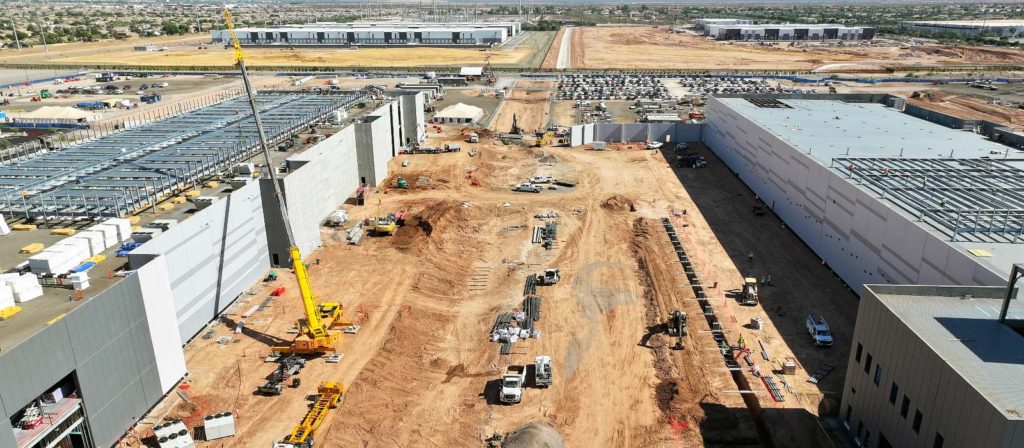Understanding Heavy Civil Construction
Heavy civil construction involves large-scale projects that shape the infrastructure of a region. These projects often require specialized equipment, materials, and expertise to complete. Heavy civil general contractors play a pivotal role in overseeing and managing these complex undertakings.
Key Areas of Heavy Civil Construction
- Transportation Infrastructure: Highways, bridges, tunnels, airports, and railways.
- Water Resources: Dams, reservoirs, canals, and water treatment plants.
- Energy Infrastructure: Power plants, transmission lines, and pipelines.
- Industrial Facilities: Factories, refineries, and processing plants.
- Public Works: Parks, stadiums, and government buildings.
The Role of a Heavy Civil General Contractor
A heavy civil general contractor acts as the primary point of contact for a project. Their responsibilities include:
- Project Management: Overseeing the entire project lifecycle from planning to completion.
- Site Supervision: Ensuring that work is carried out according to plans and specifications.
- Subcontractor Coordination: Managing relationships with subcontractors and suppliers.
- Budget Management: Controlling costs and ensuring that the project stays within budget.
- Risk Management: Identifying and mitigating potential risks and challenges.
- Quality Control: Ensuring that work meets industry standards and regulations.
- Safety Compliance: Adhering to safety regulations and protocols.
Challenges in Heavy Civil Construction
- Large Scale: Heavy civil projects are often massive and complex, requiring careful planning and coordination.
- Environmental Impact: Many projects have significant environmental implications, necessitating careful consideration and mitigation measures.
- Regulatory Compliance: Adhering to local, state, and federal regulations can be challenging.
- Site Conditions: Varying site conditions can impact project timelines and costs.
- Technology Advancements: Keeping up with the latest technologies and innovations in the industry is essential.
The Importance of Heavy Civil Construction
Heavy civil construction is crucial for economic development and quality of life. It provides essential infrastructure that supports transportation, energy, water supply, and other vital services. A well-developed infrastructure can attract businesses, create jobs, and improve the overall well-being of a community.

